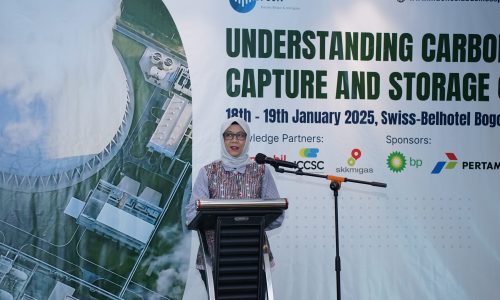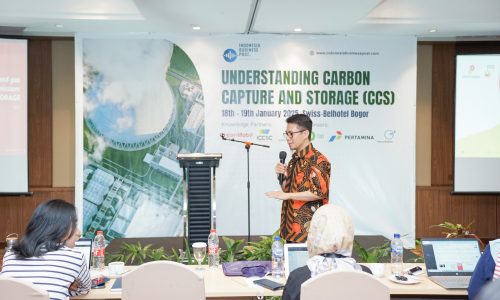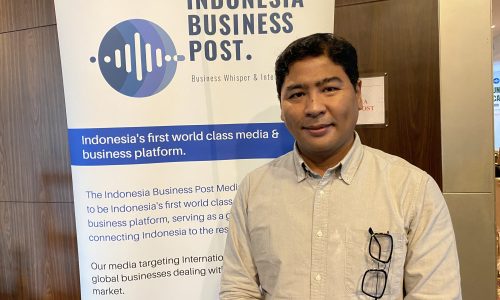The establishment of a Nuclear Energy Program Implementation Organization (NEPIO) is suggested by experts followed by clear policies as essential in building a Nuclear Power Plant (NPP) in Indonesia.
Fabby Tumiwa, Director of the Institute for Essential Services Reform (IESR), highlights the critical need for the Indonesian government to create NEPIO. This institution will play a pivotal role in ensuring the safety aspects of nuclear energy.
Tumiwa emphasizes the importance of well-defined criteria for the NPP’s technology, focusing on safety parameters and cost-effectiveness. The proposed technology for the NPP is the Small Modular Reactor (SMR), which must meet stringent safety and cost-efficiency standards.
Transparency in licensing and economic calculations, including the potential financial risks borne by the government and state-owned enterprises, is another vital aspect to consider in NPP development.
Arifin Tasrif, Minister of Energy and Mineral Resources, confirms the necessity for additional policies to govern nuclear energy infrastructure development. The ministry is preparing licensing procedures and prioritizing safety measures to address public concerns about nuclear power.
Previously, Satya Widya Yudha, National Energy Council member, outlined specific conditions for nuclear development in Indonesia, including the establishment of a specialized oversight body, a national decision-making basis, and rigorous testing of the technology.
He underscores that NPPs cannot proceed without meeting these essential requirements and stresses the importance of avoiding Indonesia becoming a testing ground for nuclear power.









